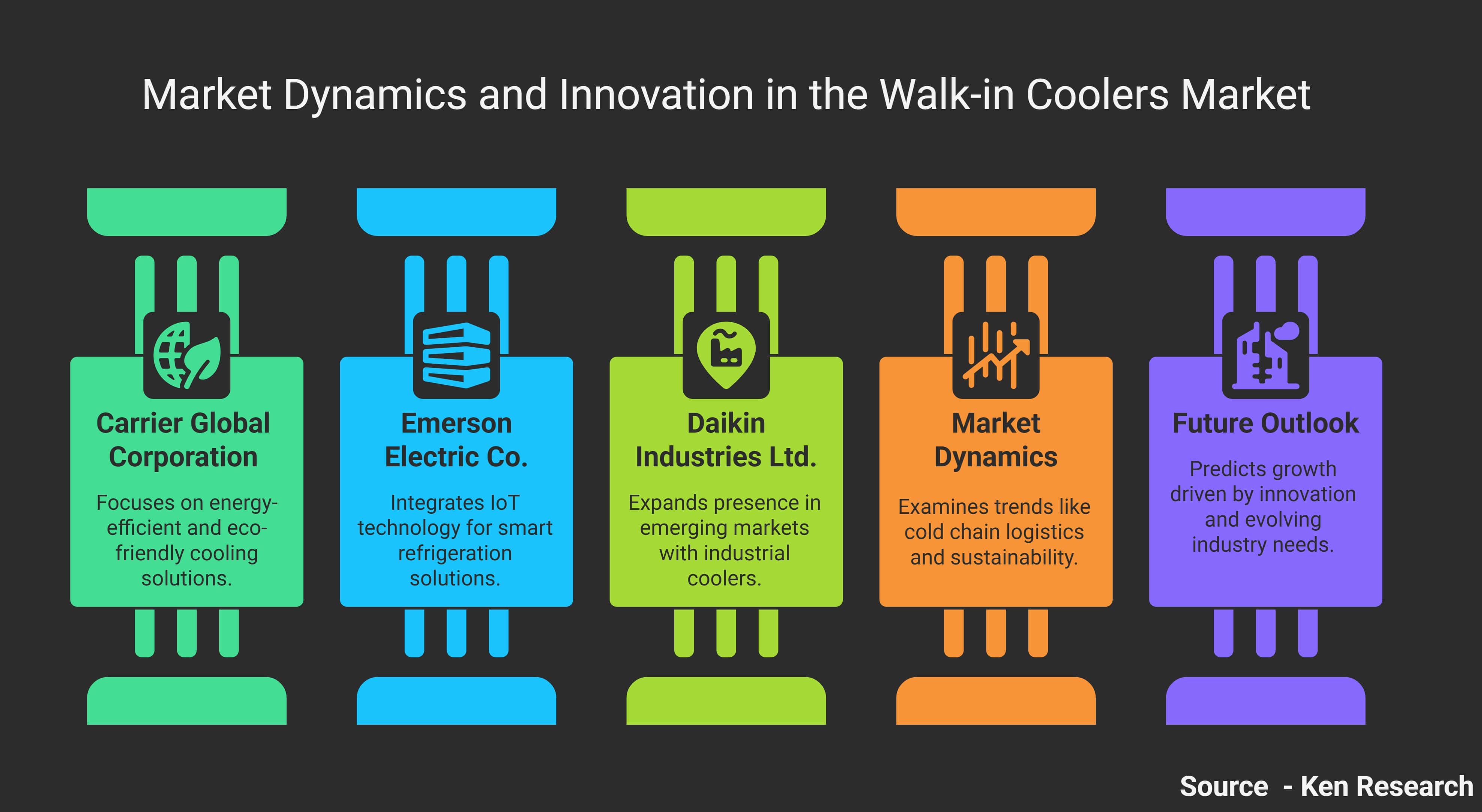Real Estate Tokenization: An Innovative Approach to Property Financing

Strong 8k brings an ultra-HD IPTV experience to your living room and your pocket.
The real estate industry is undergoing a revolutionary shift with the advent of tokenization. Traditionally, property financing has been a lengthy and complex process involving banks, brokers, and extensive paperwork. However, with blockchain-powered tokenization, the landscape is changing dramatically. This innovative approach allows real estate assets to be divided into digital tokens, making property investment more accessible, liquid, and efficient.
In this article, we’ll explore how real estate tokenization is transforming property financing, its benefits, challenges, and the role of real estate tokenization services in driving this trend forward.
What Is Real Estate Tokenization?
Real estate tokenization is the process of converting property ownership rights into digital tokens stored on a blockchain. Each token represents a fractional share of the property, allowing investors to buy and trade these tokens just like stocks or cryptocurrencies.
For instance, a $1 million property can be tokenized into 1,000 tokens, with each token valued at $1,000. This fractional ownership model makes high-value real estate investments accessible to a broader pool of investors, lowering the barrier to entry.
How Real Estate Tokenization Is Revolutionizing Property Financing
1. Increased Liquidity and Accessibility
One of the biggest challenges in real estate has been the lack of liquidity. Traditional property investments require significant capital and are difficult to sell quickly. With tokenization, property owners can sell fractional tokens, making real estate more liquid and accessible to smaller investors.
Tokenized assets can be traded on secondary markets, allowing investors to buy or sell their shares without waiting for lengthy property sales processes. This makes real estate investments more flexible and dynamic.
2. Enhanced Transparency and Security
Real estate tokenization platforms leverage blockchain technology to offer immutable and transparent records of ownership. Each transaction is recorded on a decentralized ledger, reducing the risk of fraud and disputes.
Smart contracts, which are self-executing agreements on the blockchain, automate transactions and eliminate the need for intermediaries. This not only reduces costs but also ensures trust and security in property financing.
3. Efficient and Cost-Effective Transactions
Traditional property transactions often involve multiple intermediaries, such as real estate agents, lawyers, and banks, leading to high transaction fees and delays. With real estate tokenization services, the need for middlemen is significantly reduced.
By using smart contracts, tokenized real estate transactions are automated and streamlined, reducing administrative costs and processing time. This efficiency makes property financing faster and more cost-effective.
The Role of Real Estate Tokenization Services and Platforms
1. Real Estate Tokenization Services: Streamlining the Process
Specialized real estate tokenization services play a crucial role in helping property owners and investors navigate the complex tokenization process. These services handle everything from regulatory compliance and smart contract development to asset valuation and token distribution.
By partnering with experienced service providers, real estate firms can tokenize their assets securely and efficiently, ensuring legal and technical standards are met.
2. Real Estate Tokenization Platforms: Enabling Seamless Trading
Real estate tokenization platforms serve as marketplaces where tokenized properties are listed, bought, and sold. These platforms offer investors access to a wide range of fractional real estate investments, providing diversification opportunities.
Platforms also provide transparency by offering real-time data on property values, token prices, and ownership records. This accessibility empowers investors to make informed decisions, enhancing the overall real estate financing experience.
Key Benefits of Real Estate Tokenization
1. Fractional Ownership for Small Investors
Tokenization enables small investors to access high-value real estate markets with minimal capital. Instead of purchasing an entire property, investors can own fractional shares, diversifying their portfolio across multiple properties.
2. Global Investment Opportunities
Through tokenization, investors can participate in real estate markets worldwide without geographical limitations. This opens up new avenues for cross-border investments and expands the potential buyer pool for property owners.
3. Reduced Entry Barriers and Increased Market Efficiency
Traditionally, real estate investments required significant upfront capital and lengthy legal processes. Tokenization reduces these barriers by offering low-cost, flexible investment options with faster transactions, attracting more participants into the market.
Challenges and Considerations in Real Estate Tokenization
1. Regulatory Uncertainty
While real estate tokenization offers numerous benefits, it also faces regulatory challenges. The lack of standardized global regulations creates uncertainty for both investors and service providers. Clear legal frameworks are essential to ensure compliance and investor protection.
2. Technological Risks and Security
Blockchain technology, while secure, is not immune to cyber threats. Tokenization platforms must implement robust security protocols to prevent hacking and unauthorized access to property ownership records.
3. Market Adoption and Liquidity Risks
Although real estate tokenization is gaining traction, widespread adoption is still in its early stages. The success of tokenized property financing depends on market acceptance and the availability of secondary markets for liquidity.
The Future of Real Estate Financing with Tokenization
As the adoption of blockchain technology continues to grow, real estate tokenization is expected to become a mainstream financing model. With increasing interest from institutional investors and the emergence of innovative real estate tokenization platform, the market is set for rapid expansion.
In the future, we can expect greater regulatory clarity, enhanced platform security, and seamless cross-border transactions, making real estate financing more accessible, transparent, and efficient.
Conclusion: Embracing Tokenization for Real Estate Growth
Real estate tokenization is transforming property financing by introducing fractional ownership, increased liquidity, and streamlined transactions. By leveraging real estate tokenization services, asset tokenization development services, and platforms, property owners and investors can unlock new opportunities in the real estate market.
As this trend continues to evolve, tokenization will reshape how we invest in, trade, and finance real estate assets, making it a game-changer for the industry.
Note: IndiBlogHub features both user-submitted and editorial content. We do not verify third-party contributions. Read our Disclaimer and Privacy Policyfor details.







